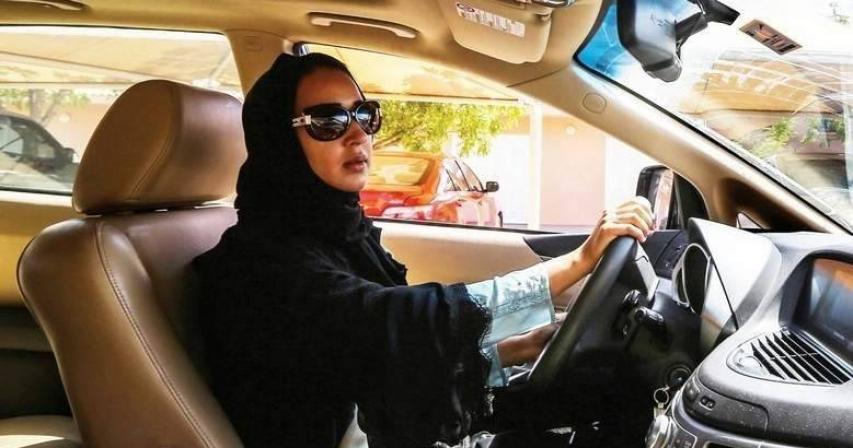Women are better drivers than men, UAE survey says
- 4 years ago

Women don't tailgate as often as men, and speed less.
Women drivers in the UAE cause fewer accidents than their male counterparts; they indicate more; and understand, own and use child seats better, a recent study has revealed.
Data extracted from the UAE Road Safety Monitor, a six-year-long perception and attitude research project, stated that women tailgate less, speed less, and fall less often, but more severely, into road rage.
On the occasion of International Women’s Day, celebrated on March 8, RoadSafetyUAE shared these UAE-specific insights and put to rest the age-old argument – which gender drives better?
Thomas Edelmann, founder and managing director of RoadSafetyUAE, said: “Women drivers often don’t receive the due appreciation for their driving behaviour. Gender prejudice still seems to play a role; however, an overall, more careful attitude can be observed while analysing the behaviour of UAE lady drivers in most of the critical dimensions of safe driving.”
However, Edelmann also said women drivers could improve, especially regarding time management, and to a lesser extent, seat-belt use, road rage, and mobile phone use.
Women drivers were less involved in road accidents than men in 2020. Last year, survey data showed a 4 per cent drop in women meeting with accidents over six months. Only 21 per cent of women responded 'yes', compared to 26 per cent of the male respondents.
“Over the last six years, we have witnessed significantly lower levels for women, with a maximum of eight per cent-points difference between female and male UAE drivers,” said Edelmann.
About 67 per cent female drivers ‘never’ tailgate, as compared to men (56 per cent). 'Running late’ is the main reason for ladies to tailgate, and they also get very nervous while they are being tailgated, Edelmann added.
A total of 71 per cent of the women use their indicators when changing lanes, taking an exit, merging onto a highway and turning at a junction; compared to 65 per cent of men.
“We always must use our indicators, as lane swerving remains the number one cause of death on UAE’s roads and as this act of reckless driving goes hand in hand with the non-use of indicating,” he explained. Also, women are less prone to road rage than males.
A total of 94 per cent of women drivers better understand the importance of using seat belts on the front seat than men (91 per cent). However, fewer lady drivers ‘always’ use their seat belts versus men (women 70 per cent, men 72 per cent) even though the law mandates seat belts.
More women drivers (36 per cent) ‘never’ use their mobile phones versus 23 per cent of their male counterparts. However, when they use them, by far the leading cause for accidents is incoming calls (women: 78 per cent, men 73 per cent).
“As the police have said, women drivers seem to be more prone to be distracted while driving. We must stop the use of mobile phones while driving,” advised Edelmann.
Also, less ladies received speeding fines than males.
> 79 per cent of women own proper child restraint systems compared to 75 per cent of men.
> 84 per cent of females use child restraint systems more often than men (70 per cent)
> 12 per cent of women are less confused about which child seat is the correct one for their children than 34 per cent of the men.
> 19 per cent of women think less that child seats are too expensive than 26 per cent men.
> 7 per cent of the women respondents think less it is less safe to keep children on laps of adults while 26 per cent of the men think it is safe to keep kids on their laps in cars.
> 7 per cent of women are much more realistic than men when it comes to the statement ‘no child seats are needed, as I am a safe driver’ compared to men (25 per cent).
Comments